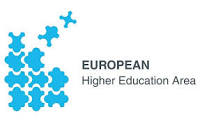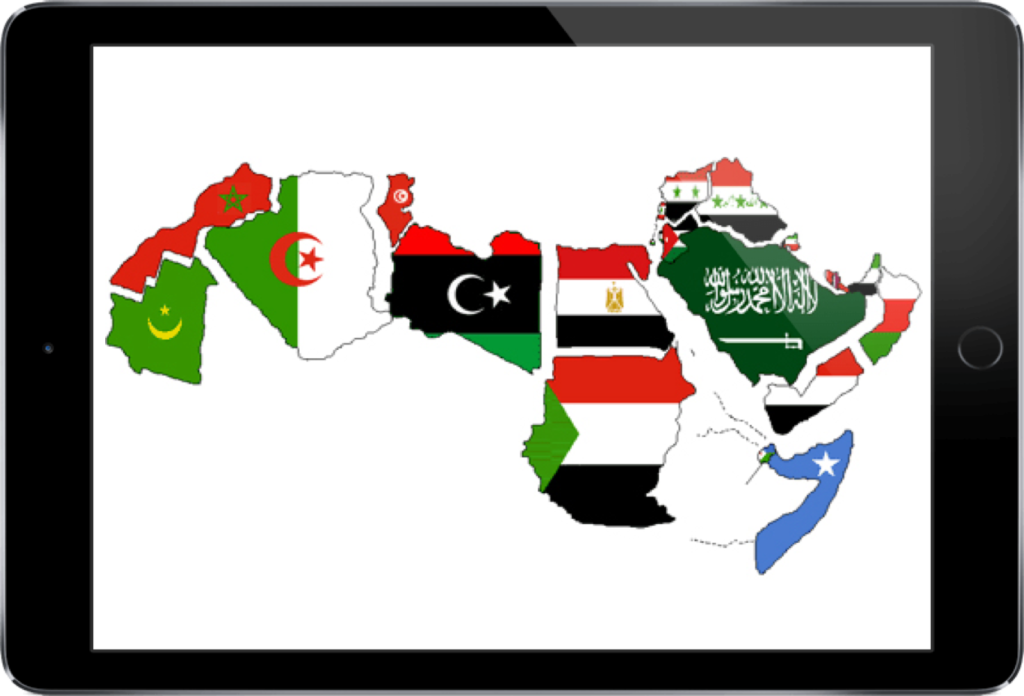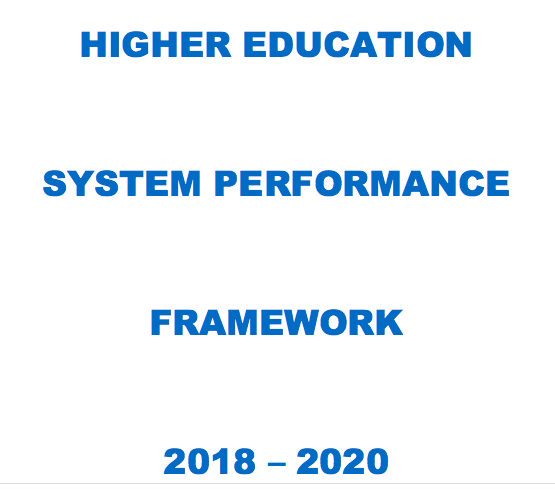By identifying and sharing policies that impact on inclusive educational systems and practices around the world, INCLUDE raises awareness of what exists now and what is possible. Mutual learning in the policy field influences positive change. Through policy review and change we can strengthen educational systems so they effectively include ALL learners.

EHEA (European Higher Education Area) commits to systematic inclusion.
By Sean Bracken, University of Worcester
Recognising that the UN Sustainable Development Goals will be attained through a focus on social inclusion, the EHEA has recently published a draft version of its ‘Principles and Guidelines to Strengthen the Social Dimension of Higher Education in the EHEA‘. Whilst there is no direct mention of Universal Design or Universal Design for Learning, the document commits the EHEA to ‘moving beyond widening accessibility clauses and instead focusing on the concept of ‘leaving nobody behind.’ With such an holistic approach, the Principles and Guidelines very much lend themselves to the adoption of a UDL conceptual framework to better implement the overall strategy for inclusion.

A Deux Vitesses (Between Two Stools): Inclusive Education Between Policy and Practice in the Arab Region
By Associate Professor Mustapha Aabi, UIZ
Arab countries have made considerable progress in promoting inclusive education by ratifying UN conventions on the rights of persons with disabilities, and enacting laws and reforms in line with these conventions while inspired by inclusive models from developed countries such as the US and France in the Gulf states and the Maghreb respectively (Hadidi & Al Khateeb 2015; CSEFRS, 2019).
To continue reading download the Word Document using the link below:

Inclusion in Higher Education: A Policy Case Study from Ireland
By Christine Hynes and Dara Ryder, AHEAD
Currently, policy orientation within Irish Higher Education Institutions (HEIs) is informed by the Higher Education System Performance Framework 2018 – 2020. The Framework identifies six Key System Objectives. The fourth Objective identifies that HEIs ought to significantly improve equality of opportunity through Education and Training. Further, this Objective commits the sector to recruiting: ‘a student body that reflects the diversity and social mix of Ireland’s population.’
In making such a commitment, sector leaders are encouraged to set targets for increased representation of students from ‘disadvantaged cohorts.’ In order to meet these students’ learning requirements, HEIs must provide requisite supports for learners through development and monitoring of a Student Success Strategy. Strategy initiatives across the sector, which generally include a Universal Design for Learning component, have been informed by preceding international and national legislation.
Additional insights into the relationships between current policy and past legislation are provided in the Word Document below: